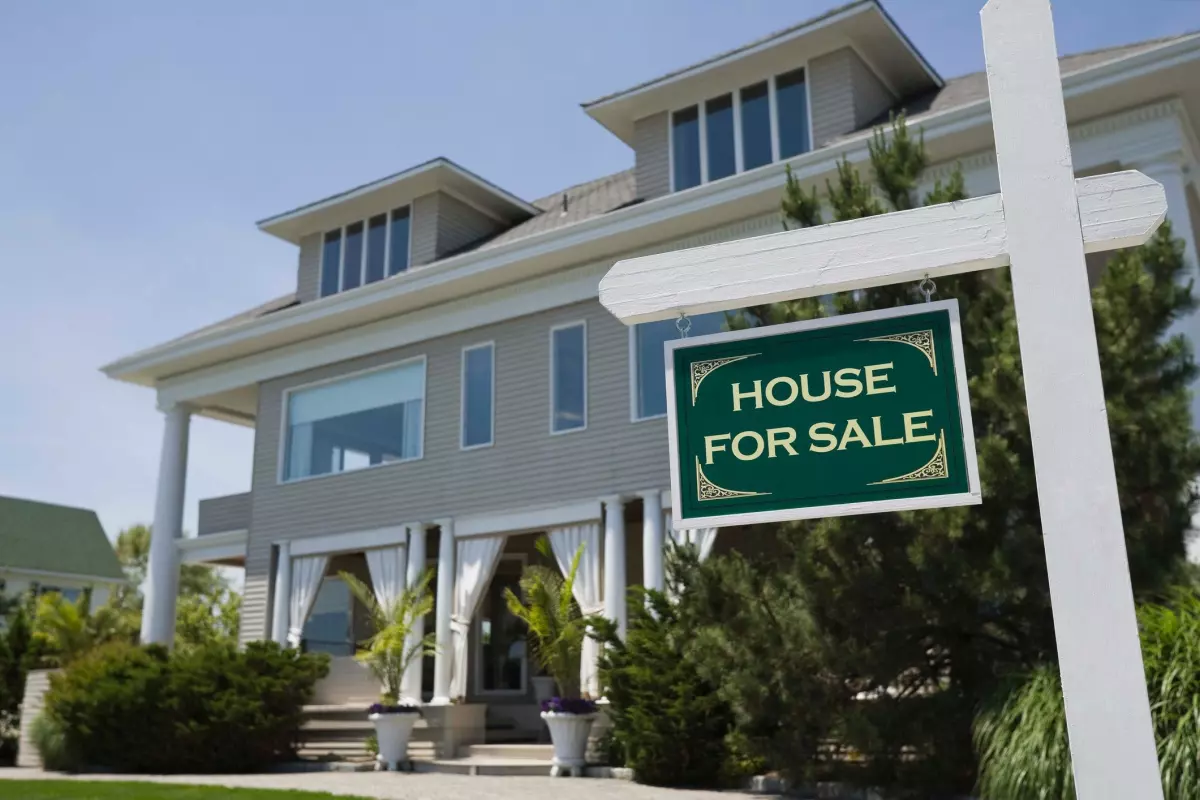America's real estate market is currently experiencing a surge in prices that experts believe may be indicative of a housing bubble. The Dallas Federal Reserve Bank recently published a blog post warning that these soaring prices are becoming "unhinged from fundamentals." But what does this mean and how does it affect the economy? Let's delve into the details.
Understanding a Housing Bubble
A housing bubble refers to a period where housing prices undergo an unprecedented and unsustainable increase due to high demand, low supply, speculative investments, and excessive spending. These bubbles are often influenced by various factors like economic prosperity, low-interest rates, easily accessible credit, and a wide range of mortgage offerings.
The scarcity of available homes is a significant contributor to the housing bubble phenomenon. Experts estimate that the housing shortage has increased by a staggering 52% from 2.5 million in 2018 to 3.8 million in 2020, according to an analysis by housing giant Freddie Mac.
The Potential Burst and Its Consequences
A housing market bubble tends to burst when demand decreases or stagnates, often due to higher mortgage rates or inflation eroding savings. Simultaneously, supply catches up with demand as new construction projects are completed. This realignment can cause prices to plummet dramatically, effectively bursting the bubble.
In recent times, mortgage rates have been steadily rising, driven by rapidly increasing inflation and disruptions in supply chains. According to Freddie Mac, the 30-year fixed-rate mortgage surpassed 4% on March 17, 2022, for the first time since May 2019. Furthermore, the projection of six additional rate increases by the Federal Reserve indicates that these rates will continue to climb.
The Economic Impact of Housing Bubbles
The housing market plays a crucial role in the U.S. economy. Approximately 65% of occupied housing units are owner-occupied, contributing significantly to household wealth. Additionally, housing construction generates widespread employment opportunities.
Fluctuations in housing prices can influence residential investment and impact overall economic growth. When home prices rise, it often leads to increased construction spending and robust economic growth. Conversely, declining prices can depress construction spending and slow down economic growth.
Shifts in housing values also have a direct effect on consumer spending, which constitutes roughly 70% of the U.S. economy. Changes in housing wealth can result in significant changes in economic growth.
Are We in a Housing Bubble?
According to the Dallas Federal Reserve Bank researchers, abnormal housing market behavior is being observed for the first time since the early 2000s boom. Indicators such as the price-to-rent ratio and the price-to-income ratio suggest that 2021 house prices are increasingly deviating from fundamental principles.
While low mortgage rates have been one of the driving forces behind the price hike, other factors, including increased disposable income due to pandemic-related stimulus packages and reduced household spending due to mobility restrictions and lockdowns, have also contributed.
However, experts suggest that any potential housing correction may not be as severe as the 2007-2009 global financial crisis. Stringent loan underwriting standards have remained in place, and unlike in the past, excessive borrowing is not fueling the current housing market boom.
While it is important to monitor the market carefully, it is reassuring to note that the current situation appears to be more stable in comparison to previous housing crises.
For more insights on the housing market and the economy, you can follow Swapna Venugopal Ramaswamy, a housing and economy correspondent for USA TODAY.
 Expectations-driven gains in home prices could have broad economic consequences nationwide, researchers warn.
Expectations-driven gains in home prices could have broad economic consequences nationwide, researchers warn.

















